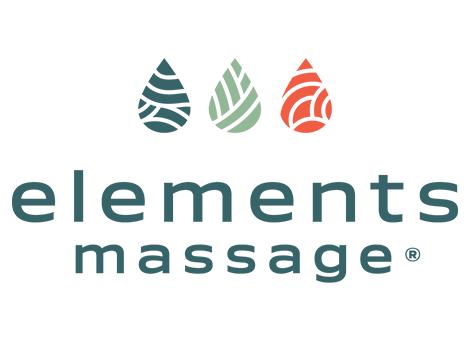A massage is a beautiful gift you give your body and mind. It's a soothing, stress-relieving experience that leaves you feeling rejuvenated and relaxed. However, there's a twist in this tale of bliss: sometimes, you might walk out of the spa feeling a little sore. Don't fret; it's perfectly normal! In this blog, we'll delve into why you might experience post-massage soreness and how it's a sign that your body is benefiting from the therapy.
-
Muscle Release and Toxins: One of the primary reasons for post-massage soreness is the release of tension in your muscles. During a massage, your therapist uses various techniques to knead, stretch, and manipulate your muscles. This process can break down adhesions and release stored tension. As your muscles adjust to their newfound freedom, they might feel a bit tender.
-
Increased Circulation: A good massage enhances blood circulation, delivering oxygen and nutrients to your muscle tissues. It also helps flush out toxins and waste products. This increased circulation can sometimes leave you feeling sore, akin to the sensation after a good workout.
-
Deep Tissue Work: If you've opted for a deep tissue massage, it's common to experience more significant soreness afterward. This technique involves working on the deeper layers of muscle tissue, which can lead to temporary discomfort before the long-term benefits kick in.
-
Hydration and Rest: After a massage, it's essential to drink plenty of water and give your body time to rest. Hydration helps flush out toxins, and rest allows your muscles to recover. Skipping these crucial steps can contribute to soreness.
-
Stress Release: Interestingly, emotional stress can manifest physically in your muscles. When your massage helps release pent-up stress, your muscles may initially respond with soreness before they fully relax.
-
Inflammatory Response: Your body's natural response to any form of manipulation, including massage, can involve a slight inflammatory reaction. This is a part of the healing process, and the inflammation usually subsides within a day or two.
-
Individual Sensitivity: Each person's body is unique, and some individuals are more sensitive to touch than others. Your body's response to massage can vary based on your sensitivity and overall health.
How to Alleviate Post-Massage Soreness: Don't let the fear of soreness deter you from the many benefits of massage. Instead, embrace it as a sign that your body is healing and releasing tension. Here are some tips to alleviate post-massage soreness:
-
Hydrate: Drink plenty of water to help your body flush out toxins and reduce inflammation.
-
Rest: Allow your body time to recover by getting adequate rest and avoiding strenuous activities immediately after a massage.
-
Gentle Movements: Engage in gentle stretches and movements to help ease muscle soreness without overexerting yourself.
-
Warm Bath: A warm bath with Epsom salts can soothe sore muscles and enhance relaxation.
-
Communication: If you find that post-massage soreness is consistently uncomfortable, consider discussing it with your massage therapist. They can adjust their techniques or pressure to better suit your preferences.
Soreness after a massage is a normal and often beneficial part of the healing process. It's your body's way of responding to the therapeutic touch and releasing tension. By understanding why you might be sore and taking steps to care for your body afterward, you can fully embrace the transformative power of massage therapy. So, the next time you walk out of the spa with a little tenderness, know that it's a sign your body is on the path to greater relaxation and well-being.

